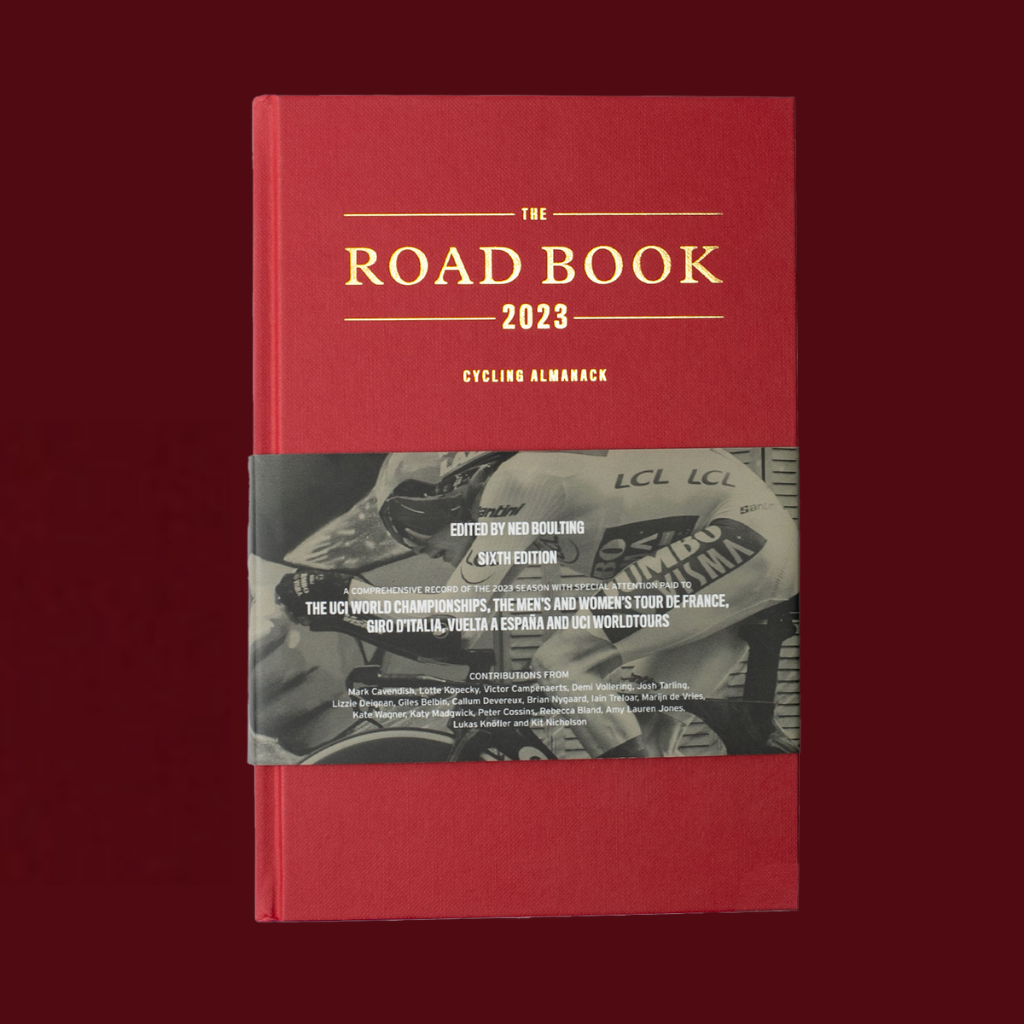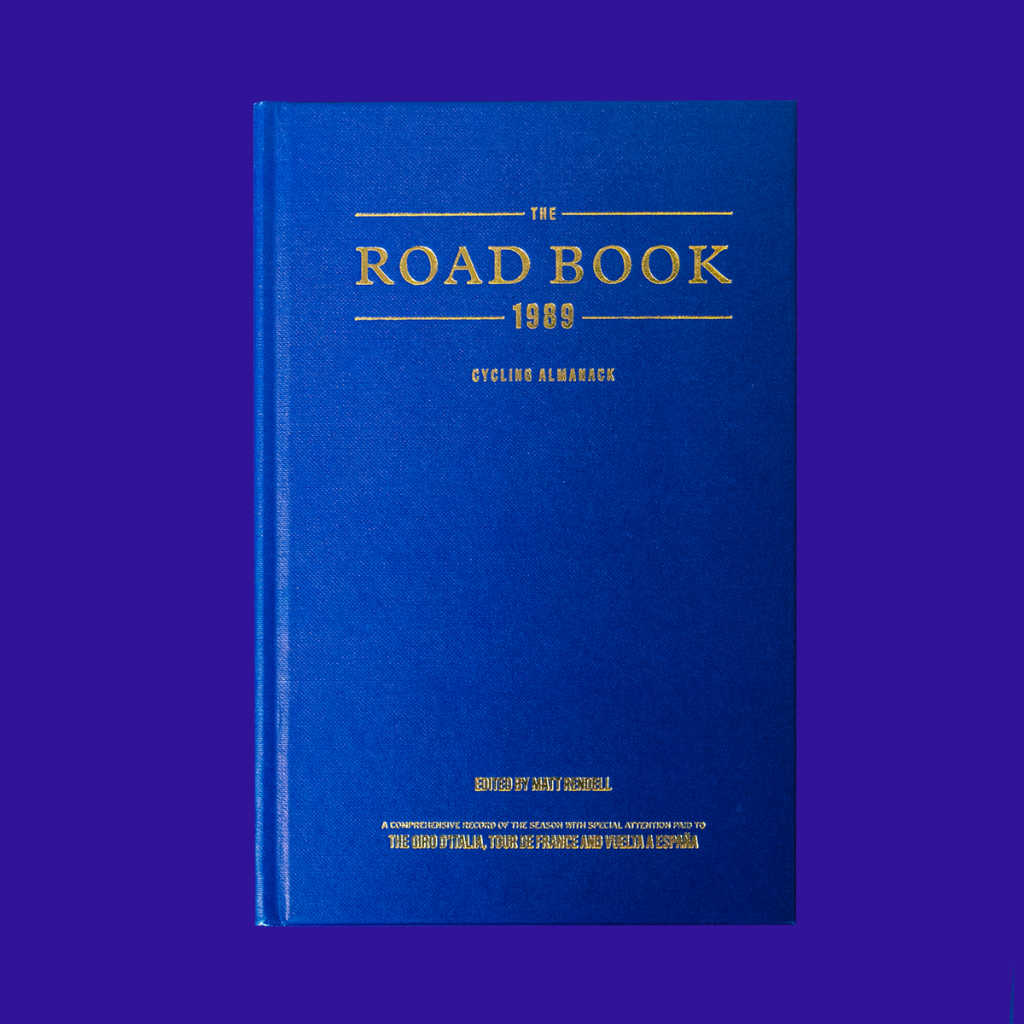Things can change quickly in sport, and indeed in life. If there is one thing that 2020 has taught us all, it is that everything we imagined was immutable, is simply not. Chaos is lurking just behind a door which at any moment could blow down. Jumbo Visma’s mighty challenge to Ineos has kicked that door down, just at the moment that the boffins behind the Ineos project were unscrewing the hinges to replace it with something more sturdily built and fit for purpose.
It’s not so much the fact of Froome’s non-selection, nor Thomas’s for that matter (though that’s an arguably much bigger surprise). It’s more the accelerated redesign of a recruitment programme and racing style which had for so long depended for its prodigious success on a certain structure, and whose DNA stretches right back to the search for advantages on the boards of the Manchester velodrome. The appliance of these principles to Grand Tour racing (the Tour de France in particular) created the Wiggins win in 2012. That same science, both technical, tactical and psychological was used to devastating effect when it successfully harnessed the outlier talent of Chris Froome; a human anomaly in search of the right expression. And with Thomas’s victory in 2018, there was a feeling that this methodology could go on and on indefinitely. But that’s not how sport works.
With hindsight 2019 was a significant moment in the evolution of their project. The sponsor changed, of course. That’s not without relevance, and I’ll come back to that. But, more importantly, the kind of winner they’d produced was decidedly not from the same lineage as before. Egan Bernal’s background in racing, his youth, his particular characteristics had to be assimilated into a team that needed to bend a bit to accommodate them. It worked fantastically well, but pointed elsewhere as it did so. That victory set Ineos off on a different path; one which the recruitment of Ivan Sosa, then Andrey Amador and Richard Carapaz has only strengthened. They have suddenly become the Movistar that Movistar have always struggled to be. And Jumbo Visma have recruited so sharply and applied themselves with such rigour to the task, that they have become the Sky that Ineos used to be. It’s all change.
Back to the issue of sponsorship. The Ineos money came about at the very last minute before Dave Brailsford might well have been tempted by the lure of working effectively as the Colombian national team, with the financial heft of their national oil concern behind them. I understand that this developing relationship even went as far as a meeting with President Iván Duque in Bogotá to discuss the proposition, which came quite close to being realised before Jim Ratcliffe’s money started to flow, and the project was diverted back to the UK.
But something of the Colombian adventure was always going to endure. Correctly, Ineos have identified that, per head of population, Colombia (plus Costa Rica and Equador) are producing more talent that anywhere else in the world; talent that is perfectly suited to the ongoing tendency for Grand Tours to feature ever fewer time trial kilometres, more altitude and more climbing full stop. Ineos want to make sure they are best equipped to meet that challenge, and have backed Latin American riders with leadership roles they have seldom genuinely enjoyed in other European teams. Carapaz won the Giro with a divided Movistar team. Quintana became increasingly isolated in the same team, as the years went on. At Ineos, such talent, if it merits the support will get fullsome backing and investment. Whilst the British project is far from over, it has been fused with a more global concern, one which cares less about a rider’s nationality than his ability. Under Sky’s tenure as a sponsor, especially in the early years, that was not such a clearly laid out principle, as Wiggins’ preferential treatment over the “not-quite-one-of-us” Froome in 2011 and 2012 lays bare.
Besides, the old team was over. That much is now clear.
I no longer follow football as I once did. But I have read with interest how the great Barcelona took a beating at the hands of Bayern Munich recently and that one of their biggest problems was Lionel Messi, who suddenly seems slow and easy to read. That was Ineos at the Dauphiné, folks. Time for change. And change comes when you least expect it, even if its logic and rationale have been evident for some time.
Ned Boulting







